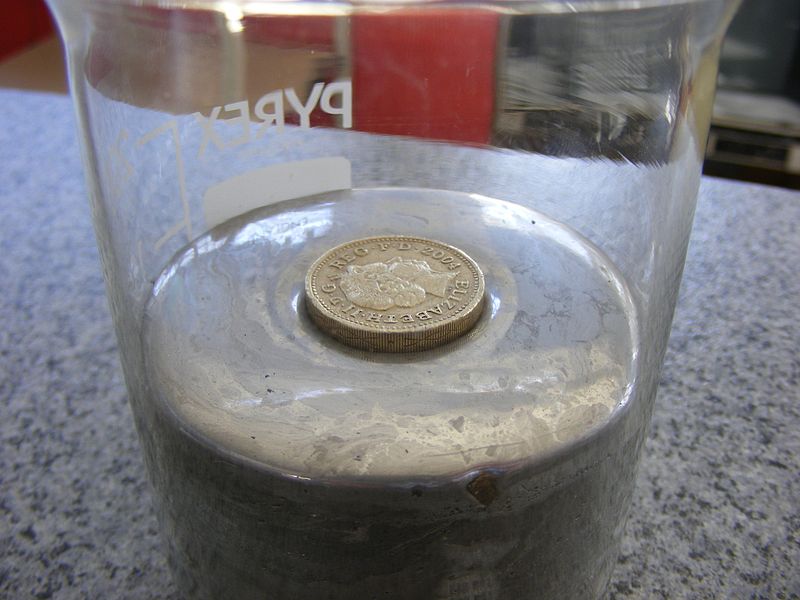Antoine Marie Jean-Baptiste Roger, comte de Saint-Exupéry, is most famous as the author of The Little Prince.
He died after his plane ditched in the Mediterranean when on a reconnaissance mission during World War II. At the time he was much too old to be a military pilot, he was drinking a lot, and he had a further habit of reading literature - whole books - while piloting his planes. Indeed, he once, infuriatingly, circled a landing strip for an hour because he didn't want to come down to land until he had finished his book.
He wrote poetry as well as fiction, and here's an example.
It's worth bearing in mind that Saint-Exupéry's father died when his son was only three years old, and that Saint-Exupéry never had any children.
In a house which becomes a home,
one hands down and another takes up
the heritage of mind and heart,
laughter and tears, musings and deeds.
Love, like a carefully loaded ship,
crosses the gulf between the generations.
Therefore, we do not neglect the ceremonies
of our passage: when we wed, when we die,
and when we are blessed with a child;
When we depart and when we return;
When we plant and when we harvest.
Let us bring up our children. It is not
the place of some official to hand to them
their heritage.
If others impart to our children our knowledge
and ideals, they will lose all of us that is
wordless and full of wonder.
Let us build memories in our children,
lest they drag out joyless lives,
lest they allow treasures to be lost because
they have not been given the keys.
We live, not by things, but by the meanings
of things. It is needful to transmit the passwords
from generation to generation.
Word To Use Today: generation. The Latin word generāre means to conceive, and the word genus means sort.
 photo by
photo by 


